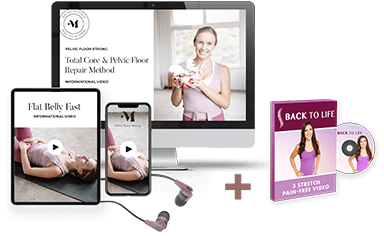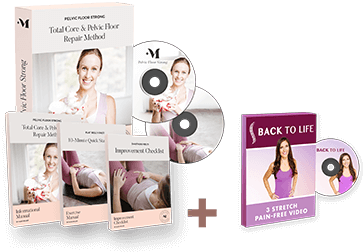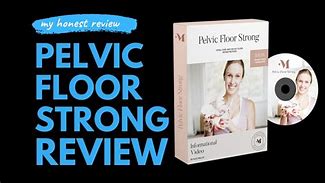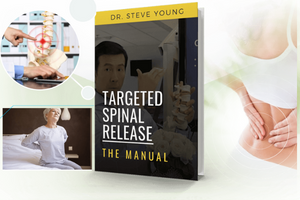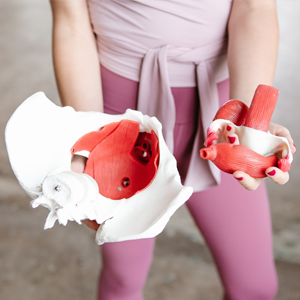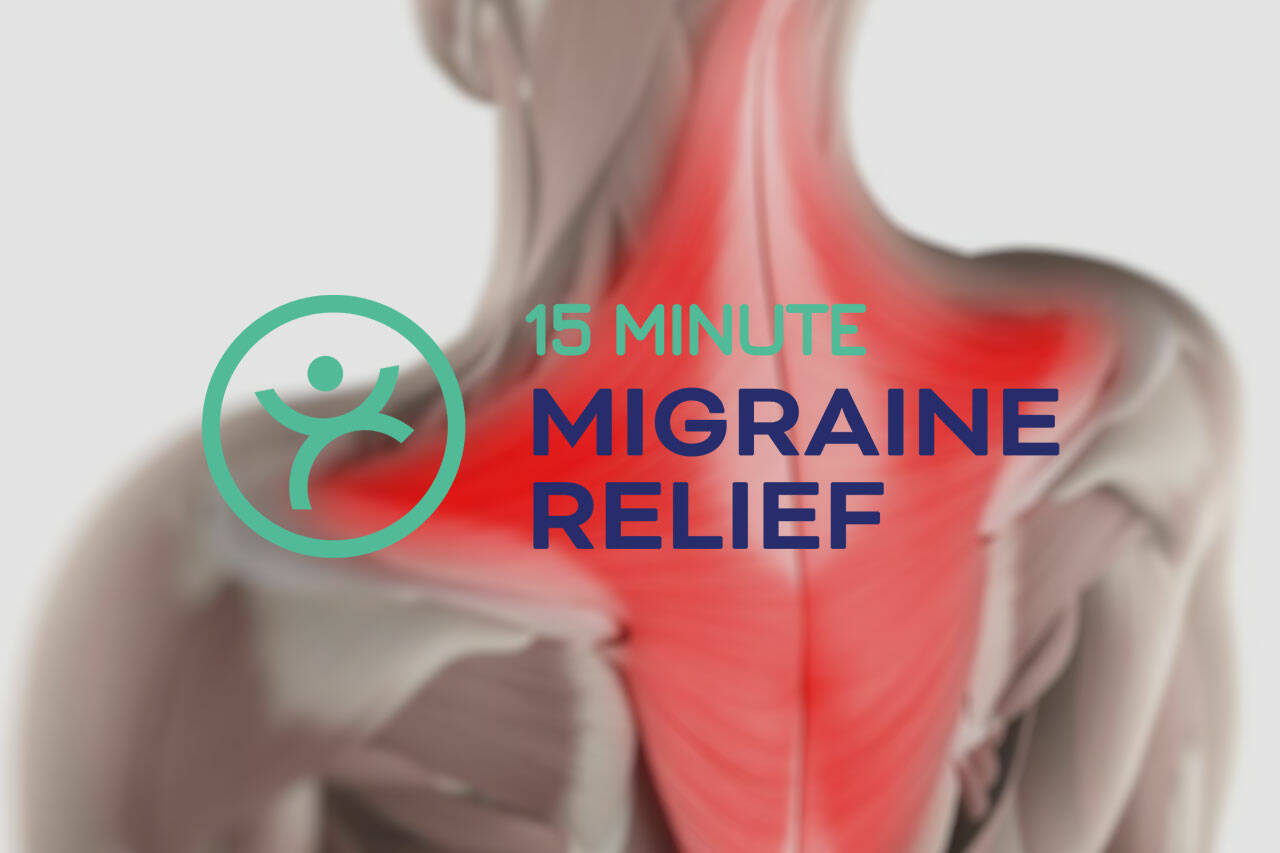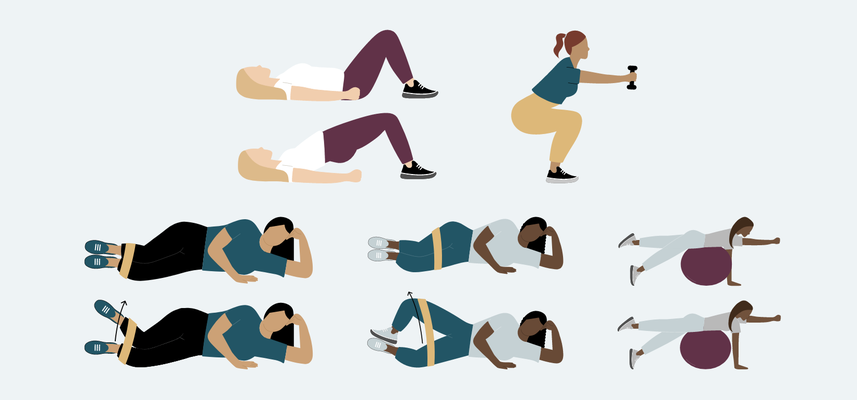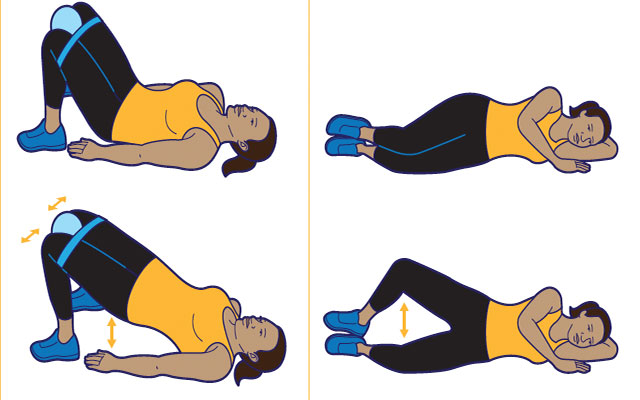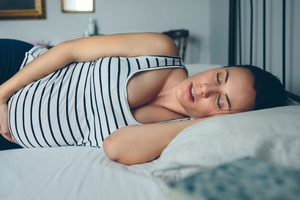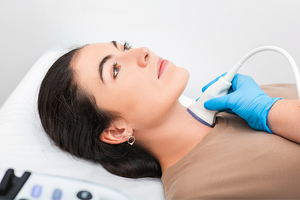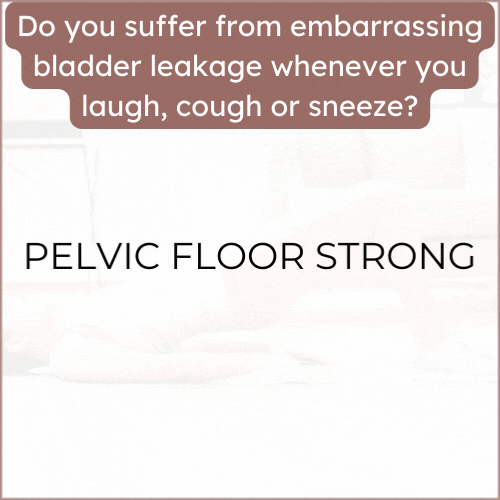Lifestyle Changes to Help Women Over 35 with Urinary Incontinence
Urinary incontinence can often be managed through lifestyle changes, providing relief and improving bladder control. Here are some key lifestyle adjustments that can help women over 35 with urinary incontinence:
- Dietary Modifications: Reduce or avoid caffeine and alcohol, which can irritate the bladder and worsen incontinence. Stay hydrated but limit fluid intake before bedtime to reduce nighttime symptoms.
- Maintain a Healthy Weight: Losing excess weight can alleviate the pressure on the bladder and pelvic floor muscles, reducing incontinence.
- Pelvic Floor Exercises: Kegel exercises strengthen the pelvic floor muscles, improving bladder control.
- Regular Bathroom Schedule: Develop a consistent schedule for urination, even if you don't feel the urge. This can help train the bladder.
- Bladder Training: Gradually increase the time between bathroom visits to improve bladder capacity.
- Smoking Cessation: Quitting smoking can reduce the risk of chronic coughing, which can trigger incontinence.
- Dietary Fiber: A diet rich in fiber can prevent constipation, which can worsen incontinence.
- Wearing Protective Garments: Consider using pads or protective garments to manage leaks and maintain comfort.
- Skin Care: Protect your skin by using mild soap and patting it gently to dry, preventing skin irritation.
- Barrier Cream: Consider using a barrier cream to protect the skin from moisture-related issues.
These lifestyle changes, combined with proper medical guidance, can significantly improve urinary incontinence symptoms in women over 35.





